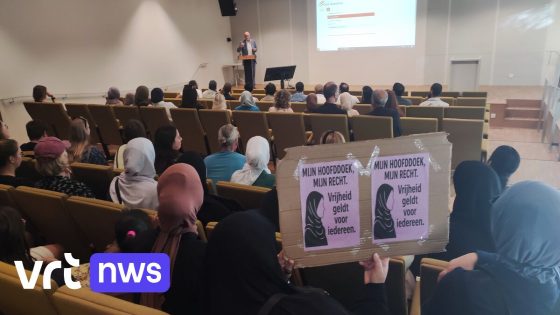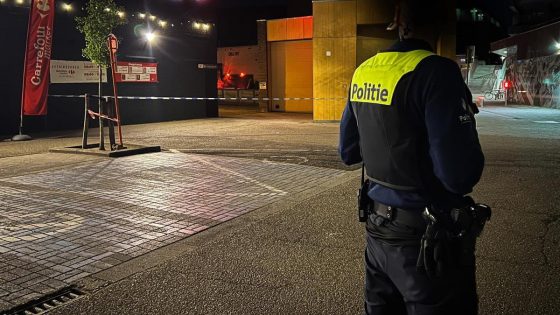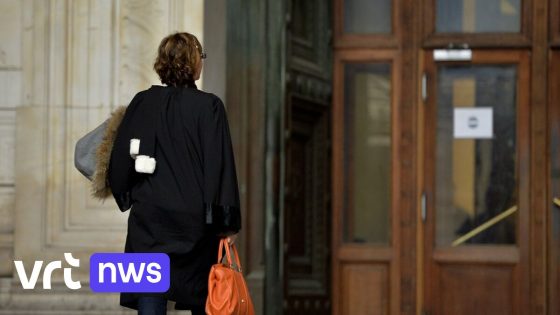The debate over a headscarf ban has taken center stage in East Flanders, stirring strong opinions among provincial council members. On 2025-04-30 18:24:00, the council voted on whether to implement restrictions on wearing headscarves in certain settings, reflecting ongoing discussions about cultural and educational policies in Belgium.
- 22 of 35 members support headscarf ban
- 4 members oppose the headscarf ban
- 9 members abstain from voting
- Nadia Othman opposes, emphasizes Dutch language
- Martine Verhoeve abstains, cites other school issues
- Vlaams Belang abstains, allows ban in some classes
Out of 35 members, 22 voted in favor of the ban, while 4 opposed it, and 9 abstained. This decision highlights deep divisions within the council, raising questions about how best to balance religious freedoms and integration efforts.
How does this vote impact the local community, and what are the arguments for and against such a ban? Let’s explore the key viewpoints and what they mean for East Flanders moving forward.
The vote reveals a complex debate where cultural identity, language use, and educational priorities intersect. Some members, like Nadia Othman (Vooruit), opposed the ban, emphasizing the importance of focusing on Dutch language proficiency rather than restricting religious symbols. Others, including Martine Verhoeve (Open VLD) and Vlaams Belang, chose to abstain, citing other pressing school issues or nuanced views on selective bans.
- The majority supports the ban as a step toward secularism and integration.
- Opponents argue for prioritizing language and inclusion over dress codes.
- Abstentions reflect uncertainty or calls for more balanced approaches.
As this issue evolves, will the council revisit the ban or explore alternative measures to foster inclusion? Citizens and policymakers alike should stay engaged to ensure that decisions reflect the diverse values of their communities.





















